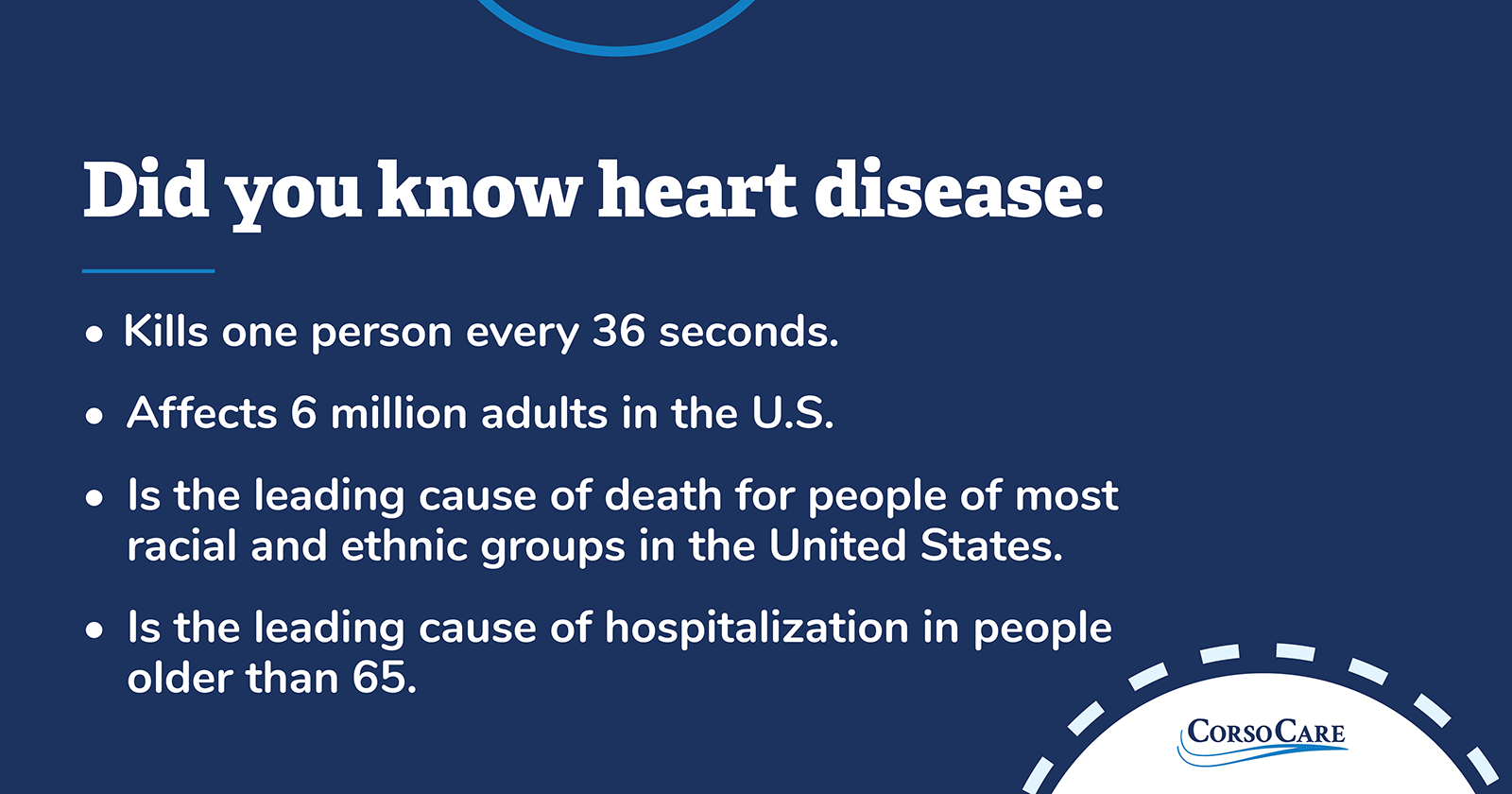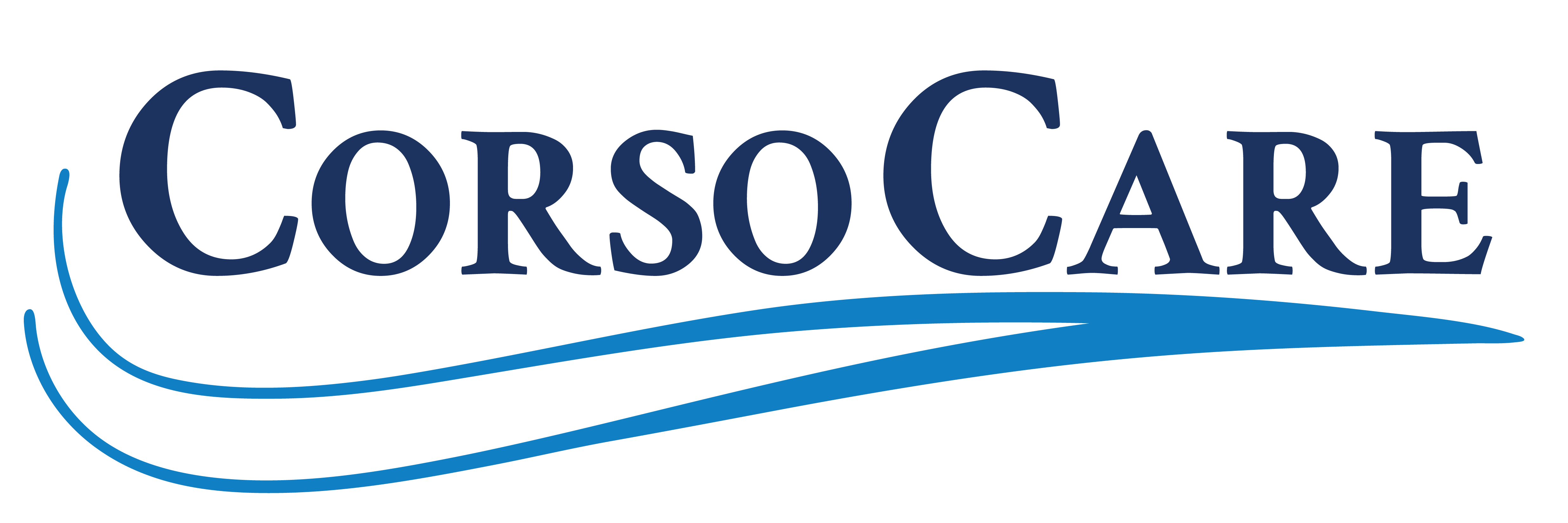
Heart Disease vs. Heart Failure vs. Congestive Heart Failure
Someone in your life has likely been affected by heart disease. It’s the leading killer of both men and women in the United States, and its impact transcends race, gender and age.
Here are some stats to prove it:

Did you know heart disease:
- Affects 6 million adults in the U.S.
- Is the leading cause of hospitalization in people older than 65.
- Is leading cause of death for people of most racial and ethnic groups in the United States.
- Kills one person every 36 seconds.
But for a disease that has touched so many of us, how much do we really know about it?
The first step to preventing and treating this disease is by understanding it — starting with the difference between heart disease, heart failure and congestive heart failure.
What is Heart Disease?
Heart disease is a term that describes several conditions that affect the heart. Heart diseases include:
- Blood vessel disease, such as coronary artery disease
- Heart rhythm problems (arrhythmias)
- Heart defects you’re born with (congenital heart defects)
- Heart valve disease
- Disease of the heart muscle
- Heart infection
What is Heart Failure?
Because of the name, people tend to think that the heart has stopped working altogether, but heart failure is a form of heart disease in which the heart can’t pump blood as well as it should. This reduced pumping power means blood isn’t getting to all the places it needs to, which can lead to devastating results, including severe organ damage.
What is Congestive Heart Failure?
While heart failure is often referenced when in the early stages of a weakened heart, CHF is at a later stage when the heart has weakened significantly. At this point, blood and fluid can back up and collect in the feet, ankles, legs and even in the lungs. Excess fluid “congests” tissues and can put dangerous amounts of pressure on organs — a build-up called edema. In addition to inhibiting proper blood flow, CHF can interfere with the kidneys’ ability to balance water and sodium in the body.
Now that you know what heart disease, heart failure and CHF are, it’s essential to know what to look for with early symptoms.
